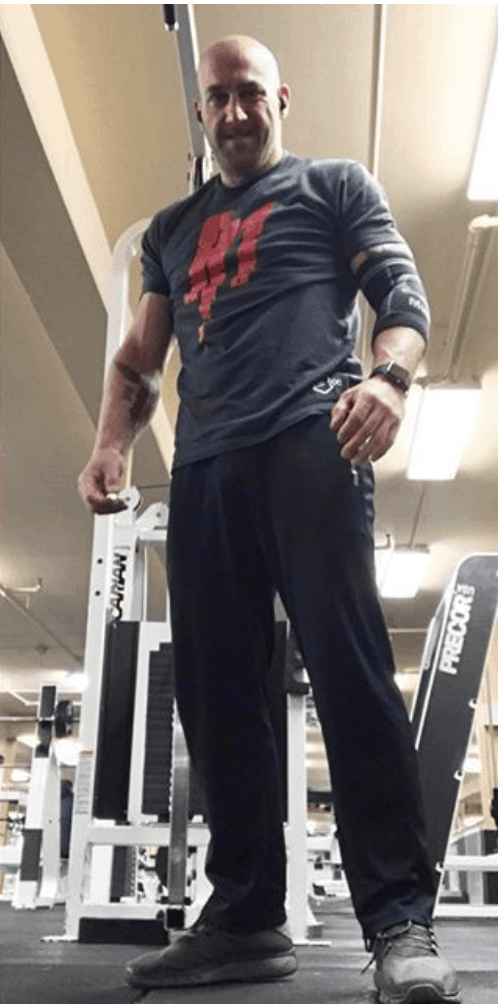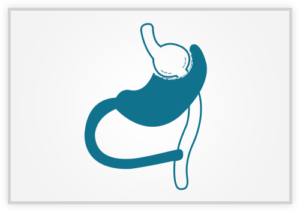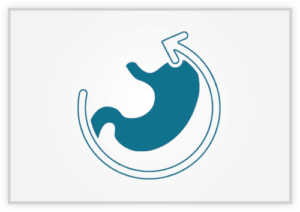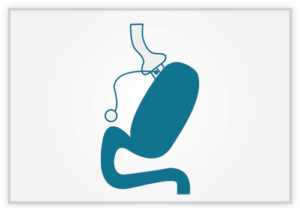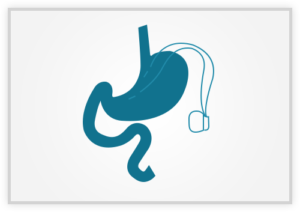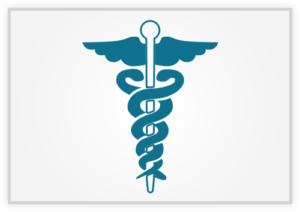ENTERRA THERAPY FOR CHRONIC GASTROPARESIS IN HUNTINGTON, NY
- Nausea
- Bloating
- Lack of appetite
- Vomiting after meals
- Pain in the abdomen
- Excessive unintentional weight loss
- Feeling full after eating small quantities of food
Gastroparesis can also cause psychological and mental side effects, as well. Those that struggle with this condition may be constantly uncomfortable, suffer poor work or school performance, and avoid social activities or personal relationships. Dr. Buchin is one of the only surgeons in the Northwell Health system, and on Long Island, who offers Enterra Therapy for treating gastroparesis. The treatment involves the placement of the gastric pacemaker. Enterra Therapy is intended for individuals with chronic gastroparesis stemming from gastroparesis of diabetic or idiopathic origin that have chronic, drug-resistant nausea and vomiting. The Enterra neurostimulator is surgically placed in the stomach. Two leads, connected to the stomach muscles, electrically stimulate the nerves and muscles of the stomach to promote normal gastric movement. With this movement, food should empty normally into the small intestine for digestion. The WAVESS (Worldwide Anti-Vomiting Electrical Stimulation Study) shows that the Enterra pacemaker provides most patients relief from vomiting.
TREATMENT for GASTROPARESIS
While there is no cure for gastroparesis, certain treatments can soothe symptoms and improve quality of life. Patients are encouraged to make diet modifications to reduce symptoms and ensure sufficient nutrition and hydration levels. These modifications can include:
- Eating smaller, more frequent meals
- Consuming more liquids, restricted fats and plant fiber
- Drug therapy: Prokinetic drugs can be used to improve the rate at which the stomach empties, and antiemetic drugs can control nausea and vomiting (without affecting how the stomach empties)
If these diet modifications do not help, enteral nutrition (a feeding tube) may be recommended as a temporary solution. Enteral nutrition involves delivering liquid nutrients to the patient’s bloodstream through a small tube placed in the stomach or small intestine. Surgery is often the last resort for gastroparesis treatment. An advanced laparoscopic surgery called pyloroplasty is designed to widen the muscle that separates the stomach from the upper portion of the small intestine. Food then passes from the stomach to the small intestine quicker and with less effort. After a pyloroplasty, diet and nutrition are closely monitored.


